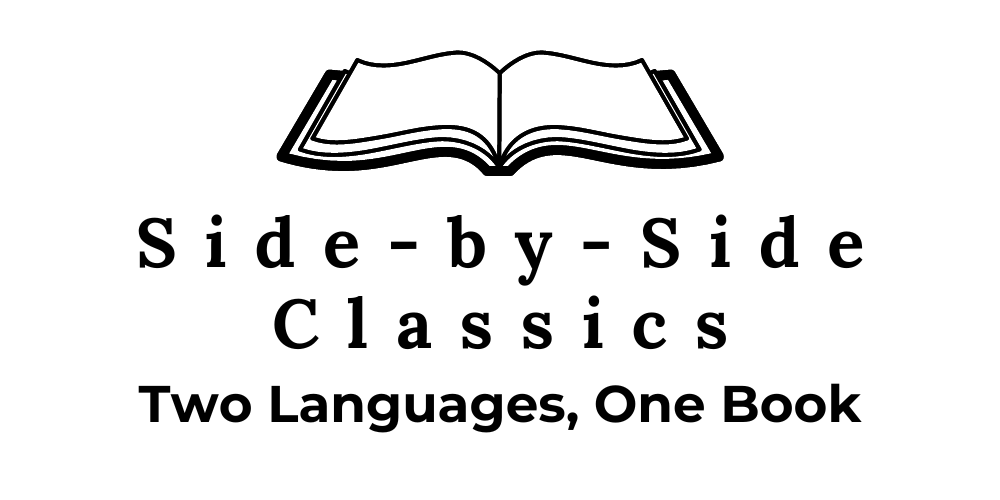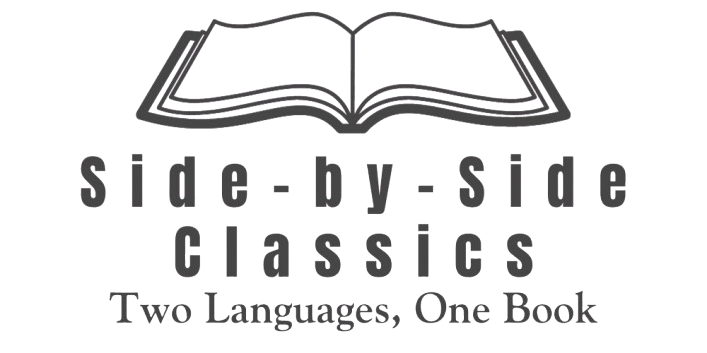No products in the cart.
In the pursuit of language proficiency, one method stands out as a tried-and-true pathway to success: reading. Whether you’re a novice language learner or striving for fluency, immersing yourself in the written word can significantly enhance your linguistic abilities. Here’s why reading is widely regarded as the best way to learn a language.
- Vocabulary Expansion: Reading exposes learners to a vast array of words in context that helps you to unlock language proficiency. Unlike isolated vocabulary lists, which may lack real-world context, reading offers a more organic and memorable way to encounter new words. By encountering words repeatedly in various contexts, learners naturally expand their vocabulary, making it easier to recall and use these words in conversation.
- Grammar Absorption: Exposure to grammatical structures through reading allows learners to internalize the rules of a language effortlessly. Instead of memorizing grammar rules in isolation, readers intuitively grasp the correct usage of tenses, sentence structures, and word order by observing them in authentic written content. This immersion in grammatical patterns facilitates a more intuitive and natural understanding of language rules.
- Cultural Insight: Language is deeply intertwined with culture, and reading provides a window into the customs, traditions, and societal norms of the language’s native speakers. By delving into literature, articles, and even contemporary online content, language learners gain valuable insights into the cultural nuances that shape language use. This cultural understanding enhances not only language proficiency but also the ability to communicate with cultural sensitivity.
- Improved Comprehension Skills: Reading involves the active engagement of various cognitive processes, including comprehension, analysis, and interpretation. As learners navigate through texts, they develop critical thinking skills and learn to infer meaning from context. This heightened comprehension ability extends beyond language acquisition, benefiting learners in other academic and professional pursuits.
- Enhanced Retention: Studies consistently show that information is better retained when learned in context. Reading provides a continuous stream of context, helping learners remember and internalize linguistic elements more effectively. The combination of visual and contextual cues creates a robust memory association, making it easier to recall and apply language skills in practical scenarios.
- Flexibility and Convenience: Reading materials come in various formats, including books, articles, blogs, and online content. This diversity allows learners to choose materials that align with their interests, making the language learning process more enjoyable and sustainable. Additionally, the flexibility of reading enables learners to practice at their own pace, catering to individual preferences and schedules.
In conclusion, the benefits of reading as a language-learning tool are undeniable. From vocabulary expansion and grammar absorption to cultural insight and improved comprehension skills, reading offers a holistic approach to language acquisition. So, whether you’re drawn to classic literature, contemporary novels, or online articles, grab a book and embark on a linguistic journey that goes beyond words – it unlocks the essence of a language and its culture.
Check out our Bilingual books: Click Here


